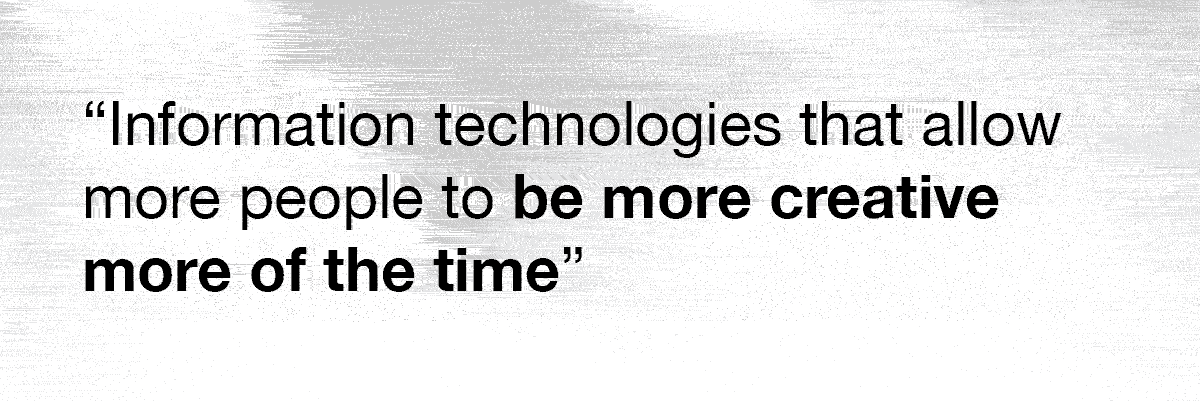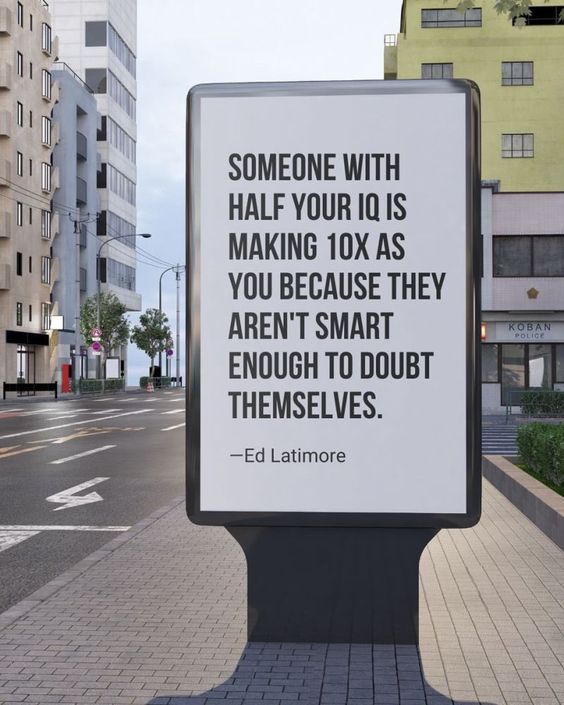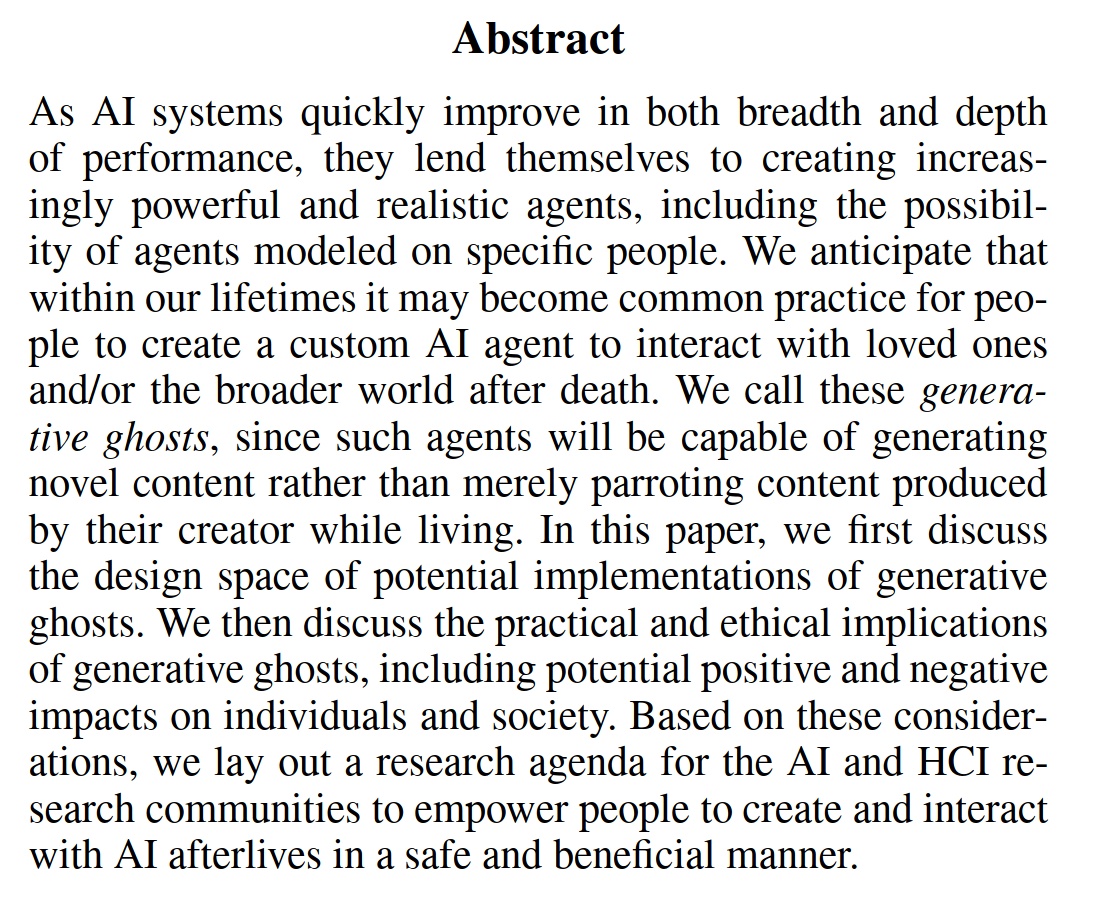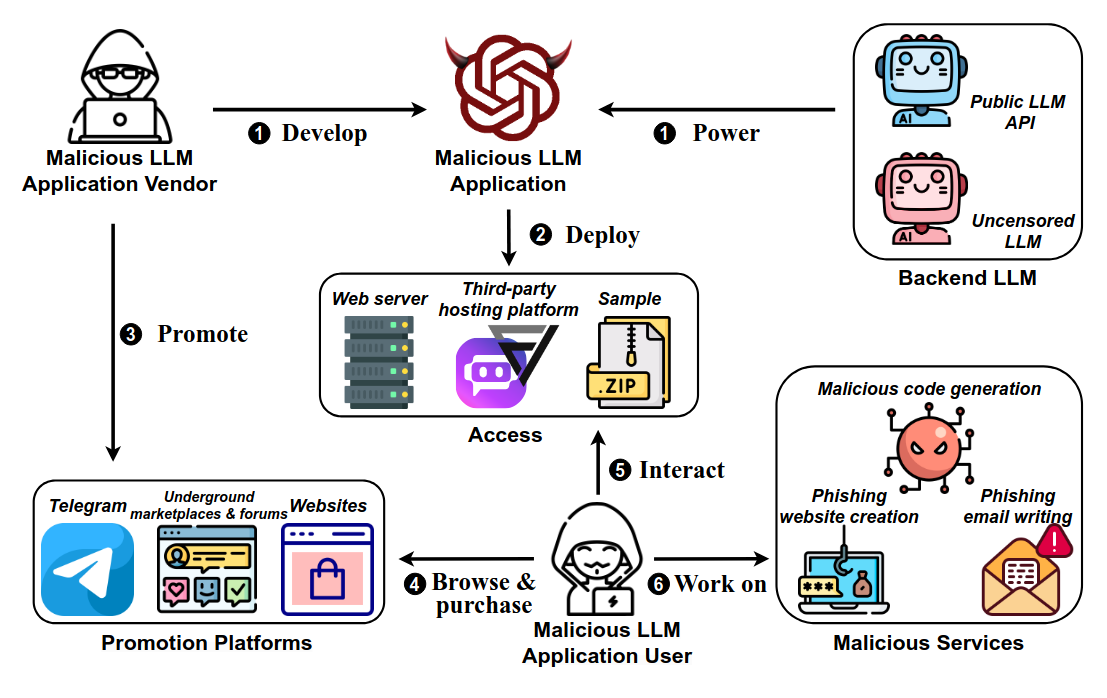tag > ML
-
Prediction: Once hyperinflation strikes the empire’s heartland, the billions funneled into anything labeled 'AI' will be reevaluated. Global innovation will shift in ways unseen since the post-WW2 era.

-
In many professions, like law and accounting, a flood of complex jargon and processes often serves primarily to confuse outsiders and justify high fees. Specialized LLMs will disrupt these practices, bringing more transparency in the years to come.
-
A true test for Artificial (General) Intelligence is its ability to autonomously refactor billions of lines of ultra-complex code, written in 50+ year-old esoteric languages, of countless legacy systems that silently power modern society—yet no one fully understands anymore.
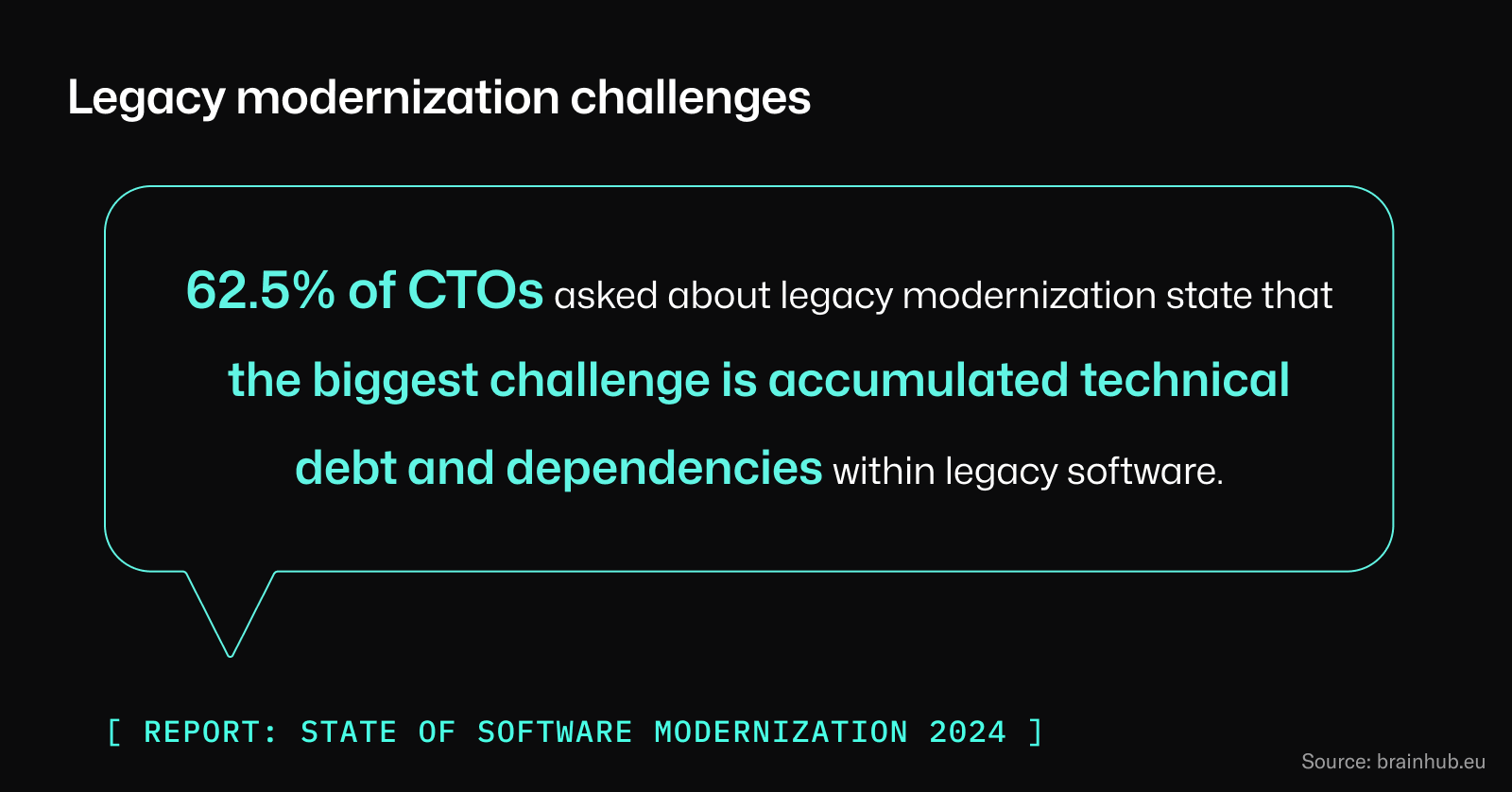
-
The recently domesticated hairless primate, Homo sapiens, is rapidly destroying all rainforests, wildlife, soil, water—everything that sustains life—while boldly babbling about "artificial intelligence." A staggering display of our extreme stupidity.

-
Cybernetic brute-force hijacking of biological brains was far more successful decades ago than widely known. Key functions like memory and control were decoded and operationalized over time. Today's in-silico AI still lags behind in key areas. Revelation not Innovation ahead.
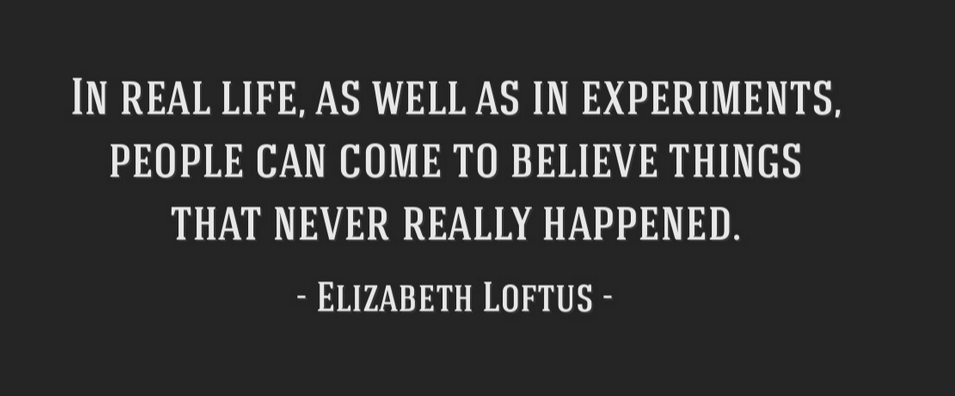
-
"Google’s AI search summaries officially have ads"
Predicted this one about 5 years ago. Yet another sign that the rise of stupidity is outpacing the growth of intelligence.
-
As LLMs rapidly accelerate software development, the type and amount of cognitive load on developers is shifting in fascinating ways. While there’s less low-level grunt work, the strategic aspects have expanded and become far more challenging.
-
AI & robotics advancements challenge the strategic autonomy of organizations, from companies to nations. Smaller players are especially vulnerable. Urgent national action plans, including aggressive market protection and innovation strategies, are essential to stay competitive
-
In the next 20 years, AI & robotics will drive massive productivity gains. The big question: will the owner class share those gains with the 99%? Historically, the answer has been a clear no.
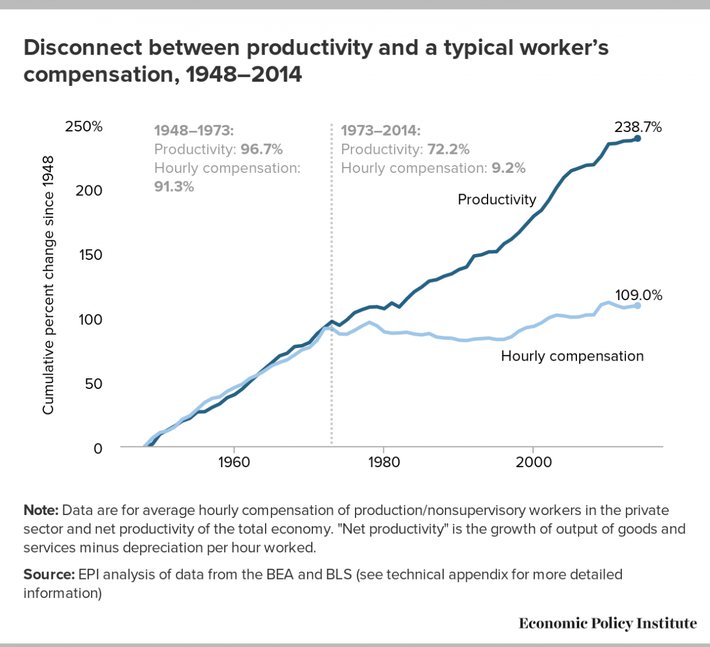
-
442 Weeks ago, in 2016, Samim Winiger was talking about Creative Artificial Intelligence at IAMW16
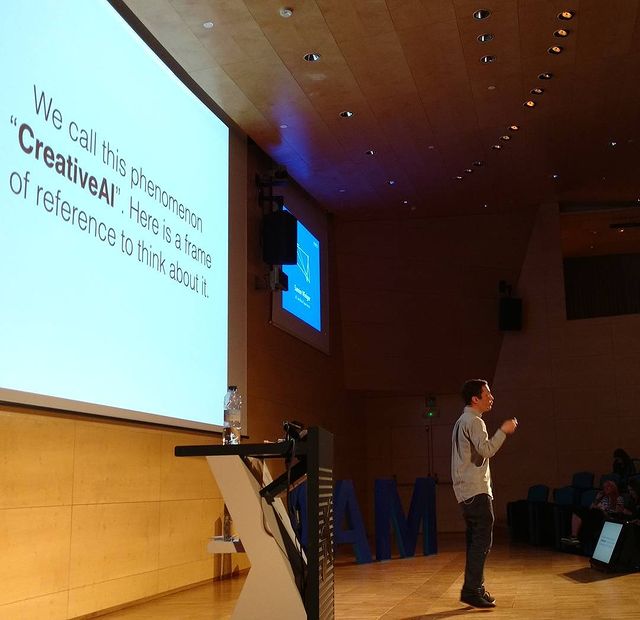
-
We must think very carefully about how we use AI's immense power. Will we continue destroying the natural world at ever-faster rates, or come to our senses and start respecting and protecting the real treasure of intelligence on planet Earth? It's time to choose wisely.
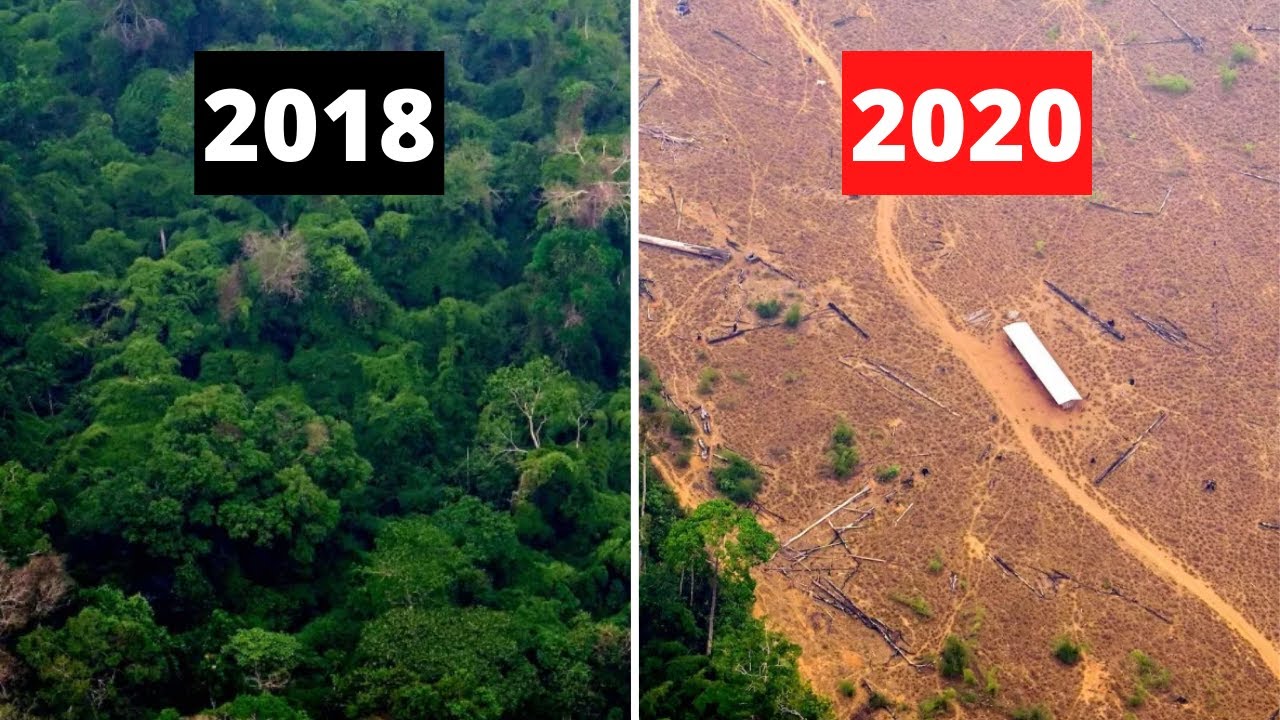
-
People are still in the phase where they willingly hand over all their data to centralized AI giants in SF & Beijing, fueling massive spyware dragnets. While already very dangerous, when BCI and augmentation go mainstream, this blind trust will become fatal.
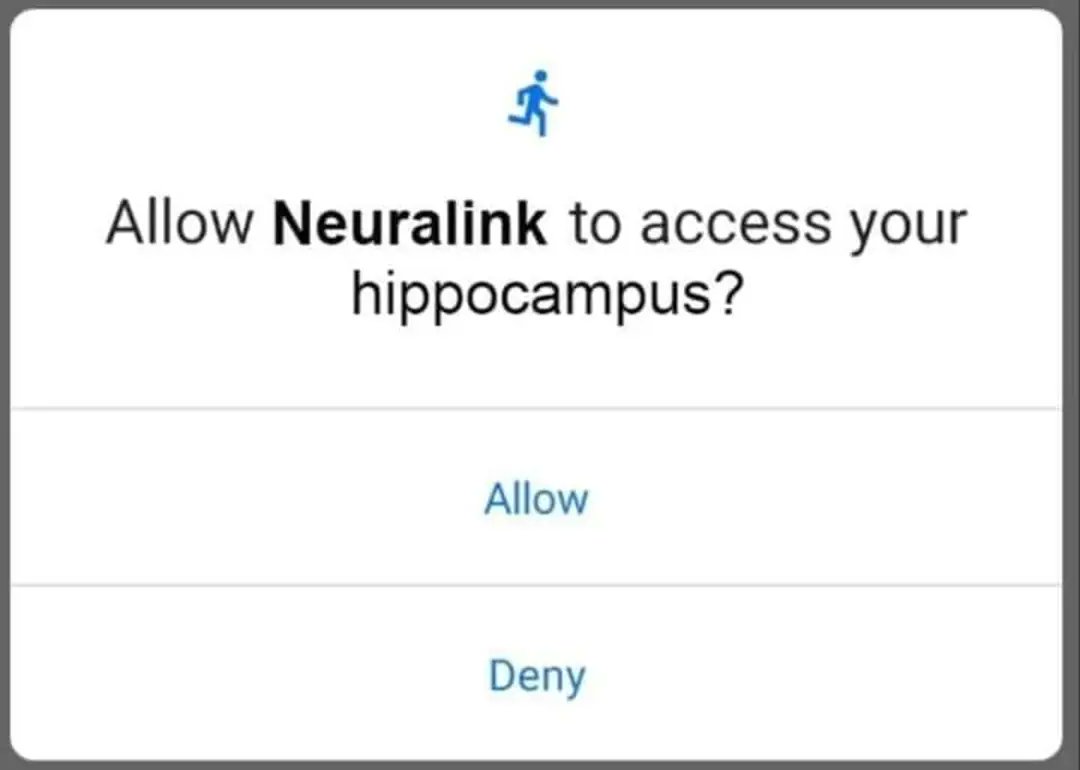
-
Soft-Wireheading Simulacrum has been achieved internally
-
Thoughts on CreativeAI, 8 years later

In light of an upcoming experiment, I've been revisiting a piece I wrote in March 2016 titled "Creative AI: On the Democratisation & Escalation of Creativity" (https://medium.com/@creativeai/creativeai-9d4b2346faf3). This expansive manifesto, which outlined much of the Generative AI landscape years before its mainstream emergence, hinged on a fundamental assumption: The central point of Generative AI Systems is to make more people more creative and to enable "a future where CreativeAI helps us raise the human potential."
Reflecting on this vision from today's vantage point, I now perceive it as rather naive and recognize it as just one of many competing viewpoints. The current landscape has revealed far more compelling scenarios that have yet to capture widespread attention—reminiscent of the nascent state of Generative AI in 2016. More on these ideas soon.
